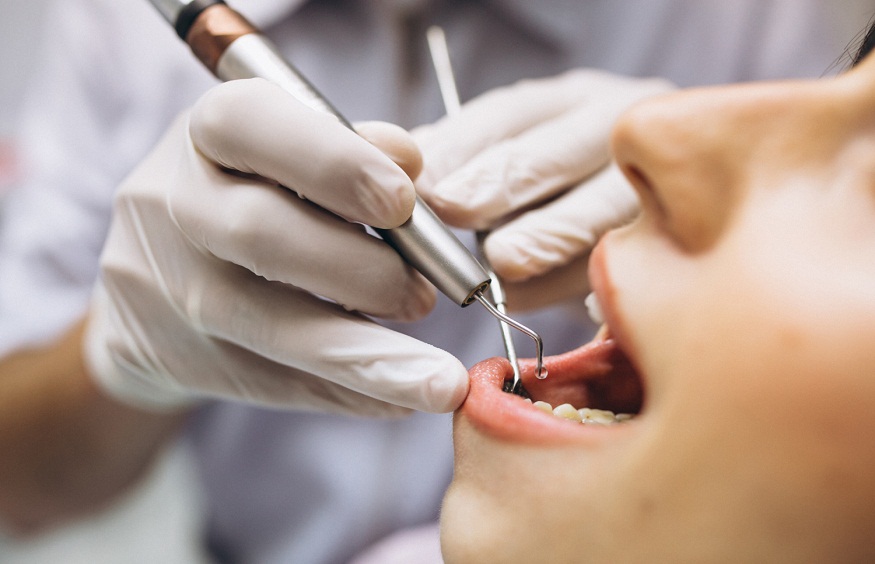Managing TMJ disorders requires understanding the complex system of muscles and joints in the jaw. A general dentist plays a crucial role in this process. While many think of dentists for routine care or teeth whitening jamison, their expertise extends to addressing jaw pain and dysfunction. General dentists help diagnose TMJ disorders and provide effective treatments. They guide patients through managing symptoms and preventing further issues. With the right dental care, TMJ disorder does not have to disrupt daily life.
Understanding TMJ Disorders
The term TMJ stands for temporomandibular joints, which connect the jawbone to the skull. These joints are essential for everyday actions like chewing, speaking, and yawning. TMJ disorders can cause pain and restricted movement. Dentists are often the first point of contact for individuals experiencing jaw discomfort.
Symptoms and Diagnosis
General dentists look for symptoms like jaw pain, clicking sounds, and difficulty chewing. They also consider headaches or facial pain linked to the jaw. Diagnosis often involves a physical exam of the jaw and face. In some cases, dentists might suggest X-rays or an MRI to get a clearer picture of the joint’s condition.
Treatment Options
Once diagnosed, dentists discuss treatment plans. Common options include:
- Mouthguards or splints to prevent teeth grinding
- Exercises to strengthen jaw muscles
- Over-the-counter pain relief for managing discomfort
Some patients benefit from lifestyle changes, such as stress management techniques. Dentists often emphasize the importance of these adjustments as part of a comprehensive treatment plan.
Role of General Dentists
General dentists are pivotal in managing TMJ disorders. They provide primary care for these conditions and work closely with specialists when necessary. They offer guidance on maintaining good oral habits to prevent TMJ symptoms from worsening.
Here is a comparison of treatment approaches provided by general dentists and specialists:
| Treatment Aspect | General Dentists | Specialists |
| Initial Diagnosis | Physical exam and basic imaging | Advanced imaging and tests |
| Treatment Options | Non-invasive approaches | Complex procedures |
| Follow-up Care | Regular check-ups and adjustments | Specialized care plans |
Preventive Measures
Prevention is a key focus for general dentists. They advise on proper posture and avoiding habits like chewing gum or biting nails. Regular dental check-ups help monitor any changes in the jaw or bite.
Collaborative Care
When necessary, dentists collaborate with other healthcare providers such as physical therapists or orthodontists. This team approach ensures comprehensive care. For more detailed information, resources like the National Institute of Dental and Craniofacial Research can be beneficial.
Conclusion
Managing TMJ disorders with the help of a general dentist can make a significant difference in quality of life. These dental professionals offer valuable insight and care, helping to alleviate pain and improve jaw function. By understanding the role of a general dentist, individuals with TMJ disorders can seek the right support and maintain oral health.
For further reading and understanding, the MedlinePlus article on TMJ disorders provides additional insights into this condition and its management.

